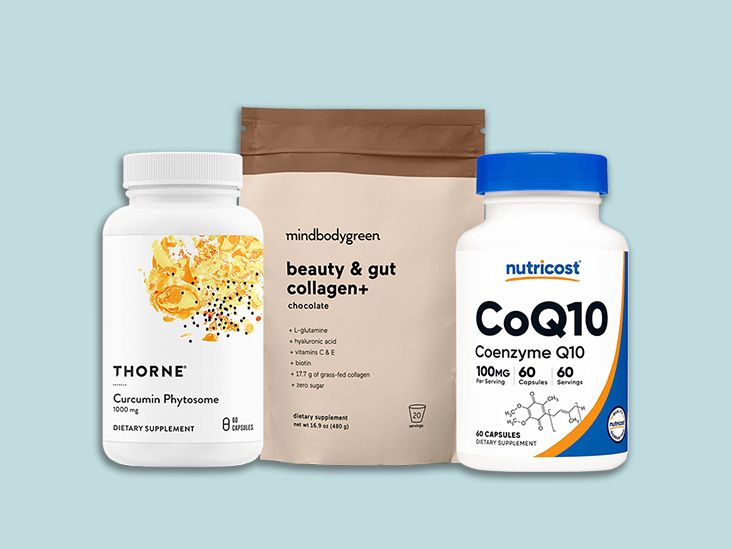
New Research Indicates Daily Vitamin D Could Help Slow Cellular Aging by Safeguarding Telomeres
A pioneering clinical trial has shown that daily vitamin D3 supplementation may contribute to a slowdown in the aging process at the cellular level by safeguarding telomeres—the protective caps at the ends of chromosomes that naturally diminish as we age. Published in The American Journal of Clinical Nutrition, this four-year study offers the most substantial evidence to date that vitamin D, a common and cost-effective supplement, may be instrumental in preserving these vital chromosomal structures associated with aging and age-related illnesses.
Telomeres act similarly to the plastic tips found on shoelaces, preventing DNA damage and ensuring genomic stability. With each cell division, telomeres shorten incrementally, and once they reach a critical length, cell division begins to decelerate or ceases completely, contributing to the aging process. Scientists increasingly view telomere length as a biomarker for biological aging, not just chronological age.
The VITAL Study: A Milestone in Aging Research
These new insights arise from VITAL (VITamin D and OmegA-3 TriaL), one of the largest randomized controlled trials ever carried out concerning vitamin D and omega-3 fatty acids. The study involved more than 1,000 participants—women aged 55 and older and men aged 50 and older—who were randomly assigned to receive either 2,000 IU of vitamin D3 daily or a placebo, with a secondary group also randomized to receive omega-3s or a placebo.
Throughout the four years, researchers monitored telomere lengths of the participants via quantitative PCR, a highly accurate molecular technique aimed at identifying even minor changes. Measurements of telomeres were taken at the study’s outset, after two years, and at its conclusion.
The Findings: Delaying the Biological Clock
The research revealed that those taking vitamin D supplements experienced significantly less telomere shortening over the four-year timeframe. On average, the group receiving vitamin D preserved approximately 140 more base pairs of telomere DNA in comparison to the placebo group—an amount the researchers translated into around three fewer years of biological aging.
Dr. JoAnn Manson, the lead researcher of the VITAL trial and head of the Division of Preventive Medicine at Brigham and Women’s Hospital, described the findings as compelling. “VITAL is the first large-scale and long-term randomized trial to demonstrate that vitamin D supplements offer protection to telomeres,” she commented, highlighting that the trial builds on previous research linking vitamin D to reduced inflammation and lower risks of chronic diseases such as advanced cancer and autoimmune disorders.
What About Omega-3s?
Interestingly, although omega-3 fatty acids are often commended for their anti-inflammatory benefits and positive effects on cardiovascular health, this study found that a daily dosage of 1 gram of marine omega-3 supplements did not significantly affect telomere length.
Dr. Haidong Zhu, a molecular geneticist at the Medical College of Georgia and the primary author of the study, pointed out that these findings help to refine the field of potential anti-aging treatments. “Our results imply that targeted vitamin D supplementation could be a promising approach to mitigating biological aging, although additional research is necessary,” he outlined.
The Importance of Telomere Length
The reduction of telomere length is associated with a variety of age-related conditions, including heart disease, type 2 diabetes, and cancer. Shorter telomeres have also been linked to earlier mortality and decreased immune function. Essentially, telomeres serve as molecular timers within our cells, indicating the passage of time and the gradual decline of cell function.
This study reinforces the notion that nutrient supplementation may provide benefits that go beyond general wellness. It could indeed affect the fundamental processes of aging itself.
What This Means for You
Before you rush to the supplement section, it’s important to recognize that this study utilized a specific dosage—2,000 IU of vitamin D3 daily—which exceeds the standard U.S. recommended dietary allowance but remains within the safe upper limit. The trial focused solely on older adults, a demographic more prone to vitamin D deficiency or lower levels due to diminished sun exposure and other variables.
Individual vitamin D requirements can vary based on factors such as age, skin tone, geographical location, and lifestyle. While these outcomes are promising, it does not imply that everyone should begin high-dose supplementation without medical guidance. Healthcare professionals frequently recommend testing blood levels of vitamin D (assessed as 25-hydroxyvitamin D) before initiating supplements.
The Broader Perspective: Nutritional Interventions in Aging
As researchers continue to unravel the molecular mechanisms of aging, studies like this one provide optimism that relatively simple interventions could yield significant effects. This aligns with a broader trend in medicine focusing not only on extending lifespan (how long we live) but also on enhancing healthspan (how long we live healthily).
Extensive studies like VITAL deliver the statistical strength necessary to reveal genuine effects that smaller pilot studies might overlook. As more data emerges from these efforts,